This post was written by current MPA student Stephen Thompson.

In my last post I started to explore one of the unique things about MPA students; that we’re all so diverse, but with some very strong through lines. Continuing down the rabbit hole, I had the pleasure of talking with 2nd year, dual degree (MPA and Law) student Mallory Verez. I’ll have to get around talking with another MPA@UNCer (online student) one of these days, but this week I was thrilled to talk to Mallory about why she chose the MPA program, how public administration fits into a law degree (or the other way around), and how to get past the devil that lurks in the details.
Mallory is originally from Pittsburgh, PA, but completed her undergrade degree at High Point University in December of 2017. After graduation she returned to the Steel City, eager for some real-world experience, which she found in a service year position with Public Allies where she was placed in an afterschool program focused on youth development. Mallory had finished her undergrad degree knowing that she wanted to continue her studies with the eventual goal of working in neighborhood legal services, but her experiences in the afterschool programs widened her perspective and inspired her to look for a public administration program, as well. Much like Valerie Sauer (see my previous blog post), Mallory began to see the siloed systems of public service worked more as barriers than channels for underserved demographics. After her year was up, she decided to look for a dual degree program.
Looking for a dual master’s programs in public administration and law certainly narrowed the pool of schools, but after some research Mallory found herself enrolled in UNC. She acknowledged that her aunt used to work for UNC when Mallory was growing up, so she had some familiarity with the area and the school from family visits. But, as any grad student will tell you, after finding the program and getting accepted, the real work begins. Mallory and I commiserated over the loss of our once delightfully open evening schedules, now filled with readings, papers, and classes. Still, in that conversation I found another common thread with her and Valerie, as Mallory talked about the community of the MPA program and dedication of the School of Government faculty.
Mallory is a full time, on campus student, so her program is divided into four years; a year of the MPA program, two years of the Law program, and the final year with a mixture of MPA and Law classes. In the fall of 2020, amidst a global pandemic, Mallory moved to Chapel Hill and started as a first year MPA student. She relayed the general air of uncertainty which permeated the campus that first semester, but more than that she felt an overwhelming sense of community and understanding which her professors extended to her and her fellow cohort members. “Dr. Berner’s willingness to talk to me about,” she paused, “anything!” and be “someone who was in my corner the whole time,” was really a lifeline. Mallory confessed that she was glad she started with the MPA program, because the Law cohort is much larger, and there are more students to contend with for professor attention.
Last summer Mallory completed her Professional Work Experience (a requirement and rite of passage for us MPA students), at the Triangle J Council of Government, as the housing intern, where she “did lots of legal research,” as she put it. Research heavy as it was, the experience also introduced her to the wide range of nonprofits in the Triangle Area. She’s even planning on sticking around the area after she graduates to gain more experience at the myriad of interesting and distinctive nonprofits in our area.
As our conversation drew to an end, I asked Mallory if she had any advice for prospective MPA students (as I am wont to do), and she had some sage advice: “Know why you want to be doing [the program]. It is so easy to get lost in the complexities. Don’t let [all the details] pull you [away] from what you want to do.” I have to say, if I had to distill down the message of the MPA program into one sentence, that about hits the nail on the head. Know why you want to be doing what you’re doing. As I wrap up my 3rd semester in the program, through the details of the course work, and field specific knowledge I’m gaining, I’m starting to see this greater message. The complexities of public administration (of which there are many!) can easily become tree after tree, after tree, which prevents us public servants from seeing the greater forest of our efforts, however I think I’m starting to learn how to navigate this jungle of policy. And with that piece of wisdom from Mallory, I’ll sign off for this week. Remember to keep it all in focus, and drink plenty of water—after all, finals are coming up!
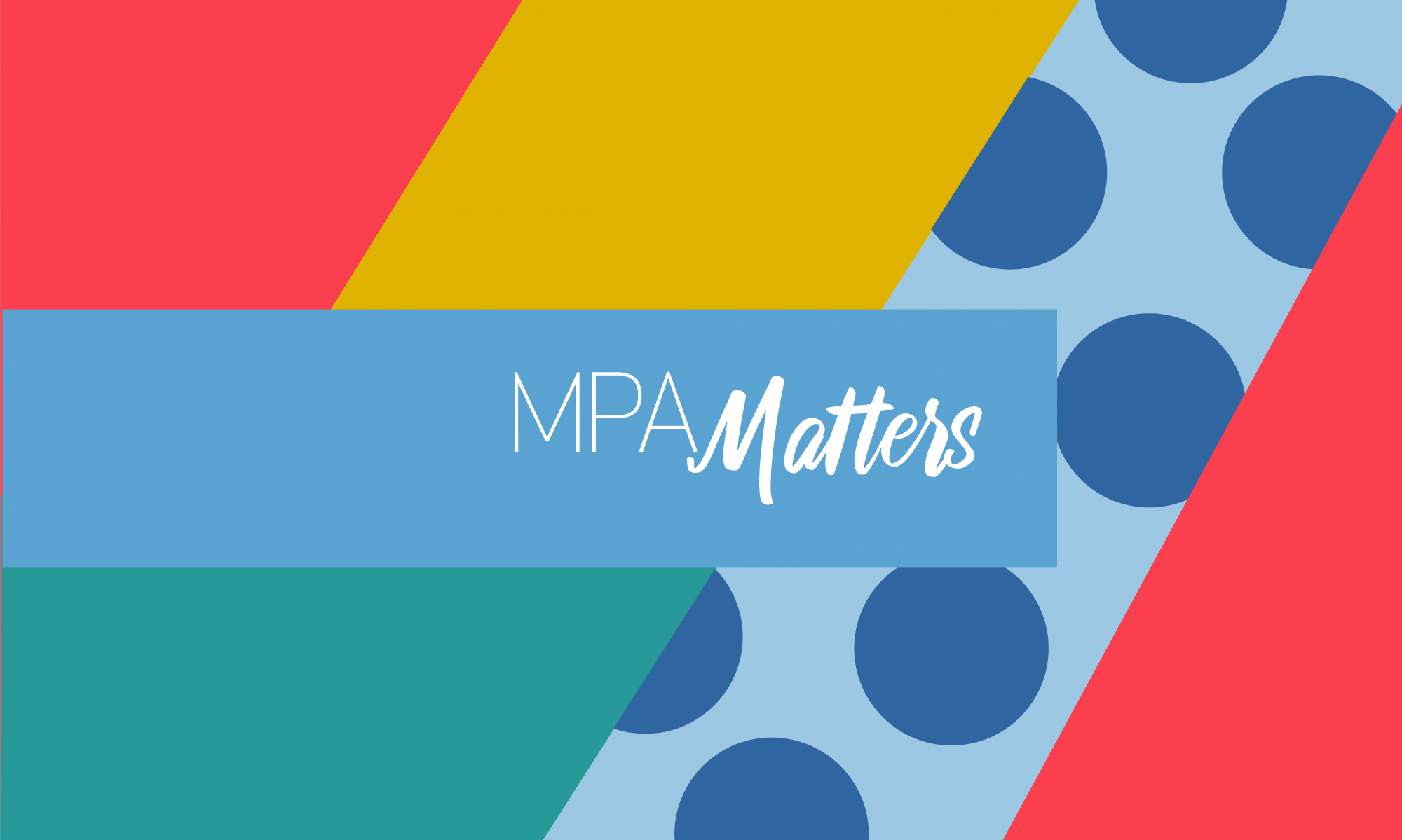

 Greetings to all! My name is Wayne Banks Jr. and I am currently a 2nd year online student in the MPA program. The PWE experience can introduce students to opportunities and a practical understanding of the career interests of an individual. For myself, I am interested in the Community Economic Development and Finance & Budgeting career fields that can be a part of Public Administration responsibilities. By way of networking opportunities, I was invited to an interview and received an offer for my PWE as a Budget & Research Analyst at the Finance & Budget Division of UNC Chapel Hill. This opportunity has provided me with a practical experience to the financial responsibilities of a public higher education institution. I am almost half-way through this PWE experience and can tell you that our work in this division is important and exciting.
Greetings to all! My name is Wayne Banks Jr. and I am currently a 2nd year online student in the MPA program. The PWE experience can introduce students to opportunities and a practical understanding of the career interests of an individual. For myself, I am interested in the Community Economic Development and Finance & Budgeting career fields that can be a part of Public Administration responsibilities. By way of networking opportunities, I was invited to an interview and received an offer for my PWE as a Budget & Research Analyst at the Finance & Budget Division of UNC Chapel Hill. This opportunity has provided me with a practical experience to the financial responsibilities of a public higher education institution. I am almost half-way through this PWE experience and can tell you that our work in this division is important and exciting.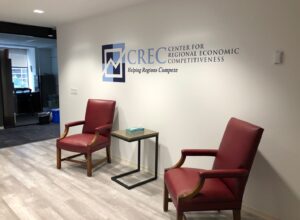

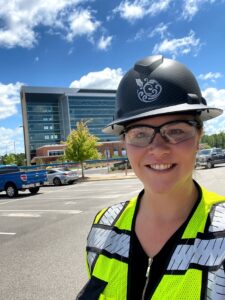
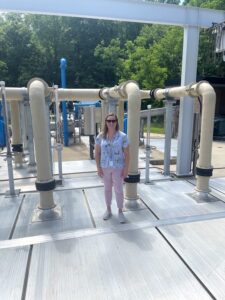

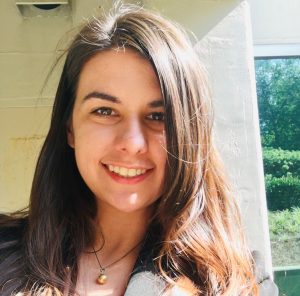
 I am working with the North Carolina Business Committee for Education (NCBCE) to fulfill my PWE hours for the MPA program. NCBCE is a non-profit organization that operates out of the Office of the Governor and serves as link for North Carolina employers and the education system. NCBCE invests significant time and resources to develop and promote work-based learning initiatives in North Carolina. In early 2020, pre-pandemic and before our lives changed, NCBCE, in partnership with the North Carolina Community Colleges, the Office of the Governor, myFutureNC, and the state Division of Workforce Solutions, launched NC Career Launch—an effort to increase post-secondary attainment and connect students to jobs in high-demand fields. Unfortunately, the pandemic interrupted the initiative’s momentum. I am working with the Executive Director of NCBCE to elevate NC Career Launch and restore the pre-pandemic momentum. One way we are working to accomplish this goal is by developing youth apprenticeship programs to pilot under NC Career Launch.
I am working with the North Carolina Business Committee for Education (NCBCE) to fulfill my PWE hours for the MPA program. NCBCE is a non-profit organization that operates out of the Office of the Governor and serves as link for North Carolina employers and the education system. NCBCE invests significant time and resources to develop and promote work-based learning initiatives in North Carolina. In early 2020, pre-pandemic and before our lives changed, NCBCE, in partnership with the North Carolina Community Colleges, the Office of the Governor, myFutureNC, and the state Division of Workforce Solutions, launched NC Career Launch—an effort to increase post-secondary attainment and connect students to jobs in high-demand fields. Unfortunately, the pandemic interrupted the initiative’s momentum. I am working with the Executive Director of NCBCE to elevate NC Career Launch and restore the pre-pandemic momentum. One way we are working to accomplish this goal is by developing youth apprenticeship programs to pilot under NC Career Launch. Hi Everyone,
Hi Everyone,